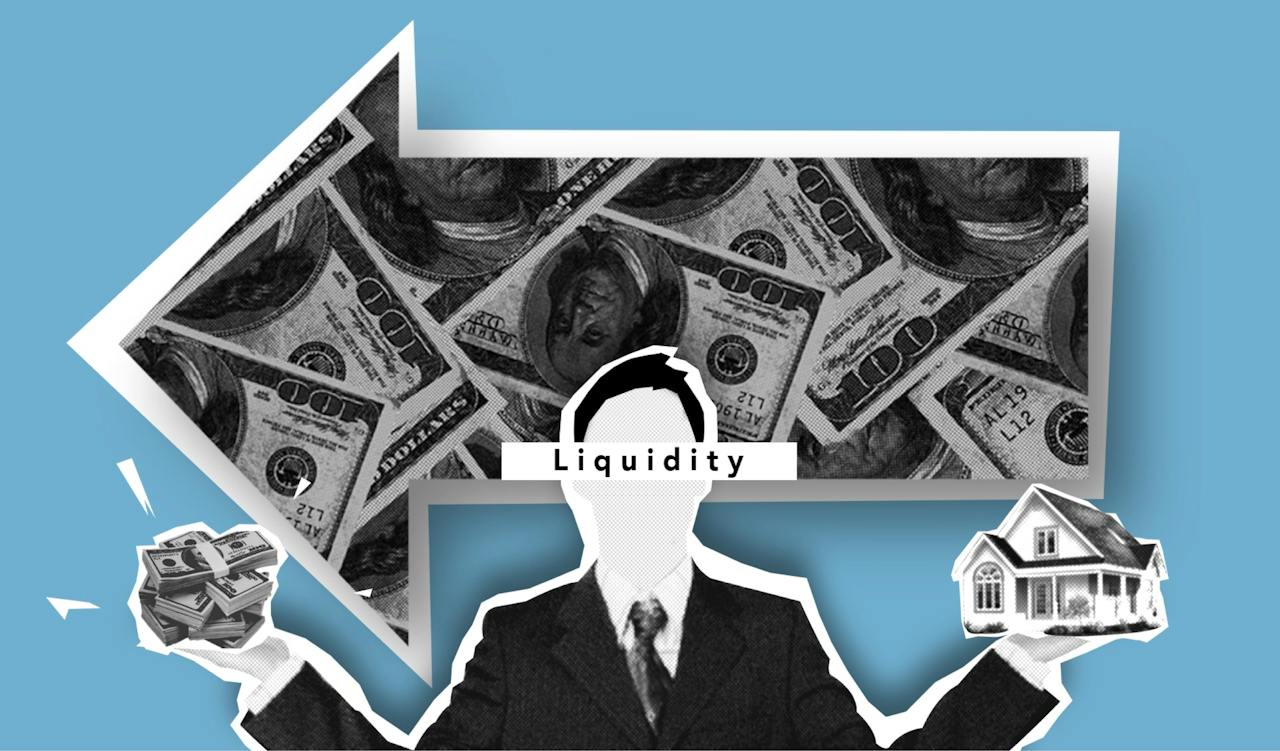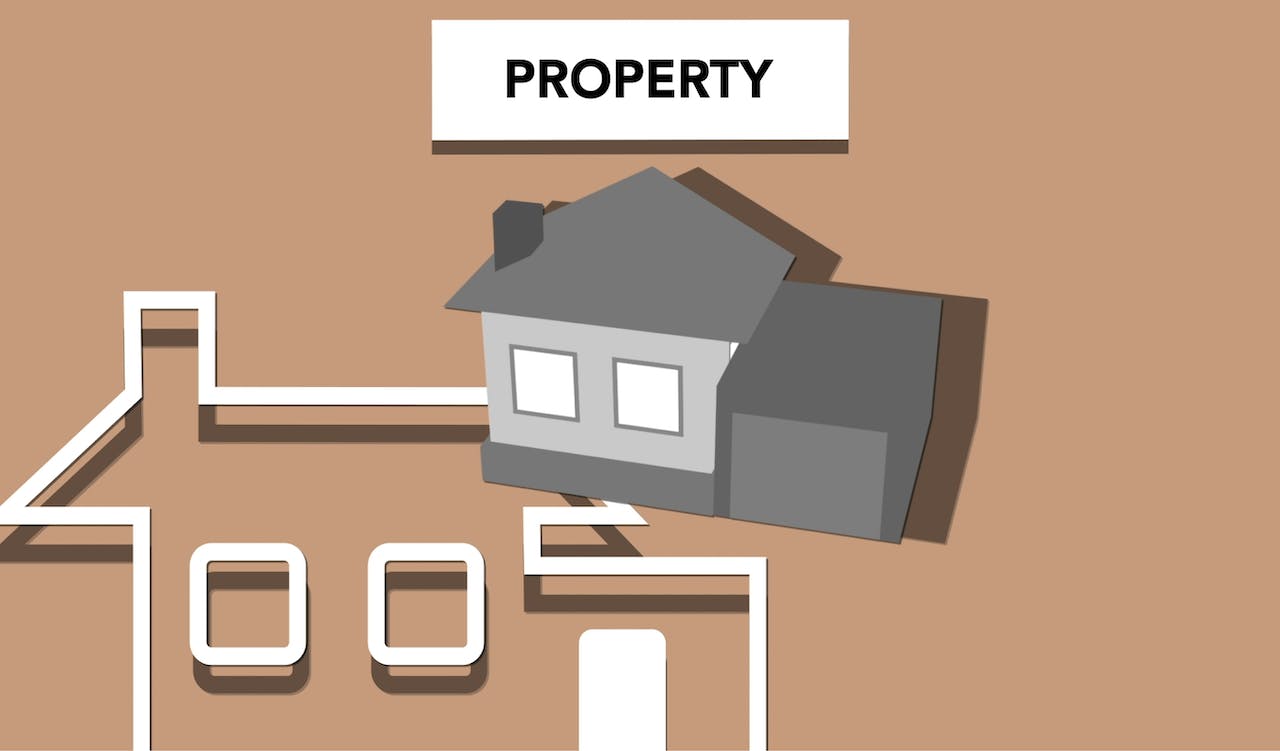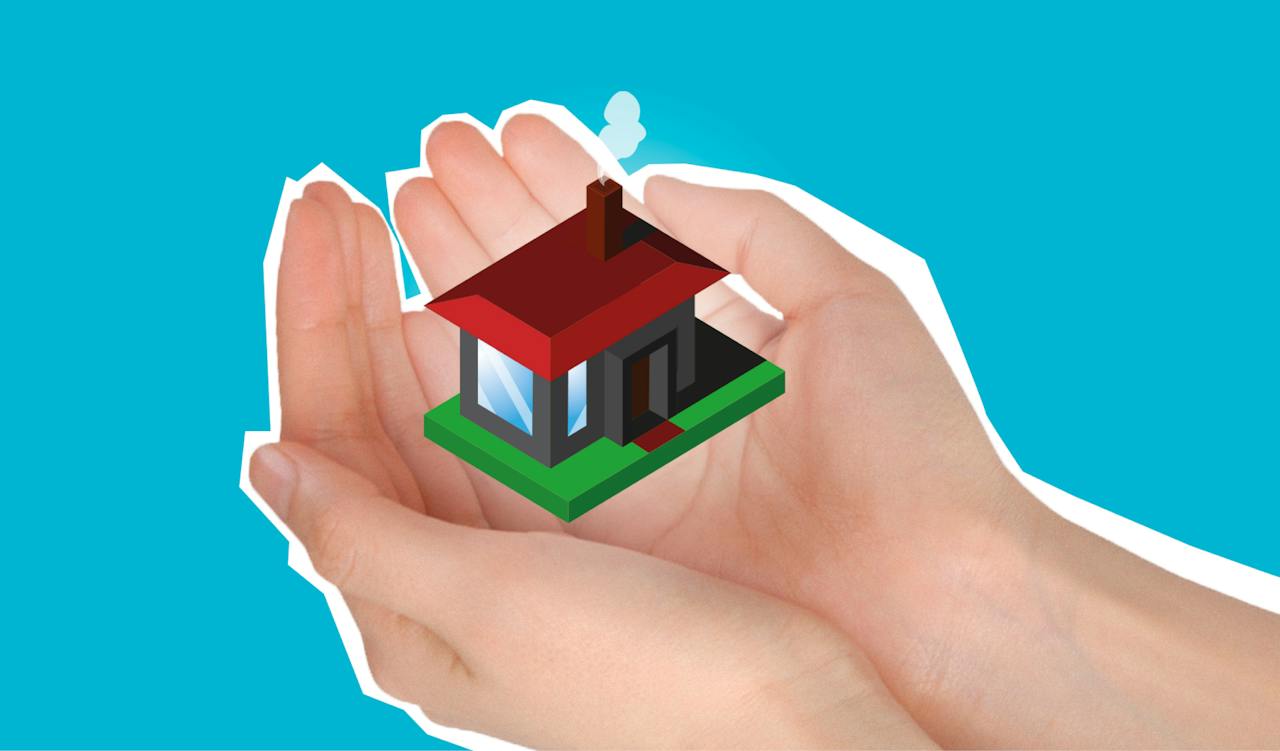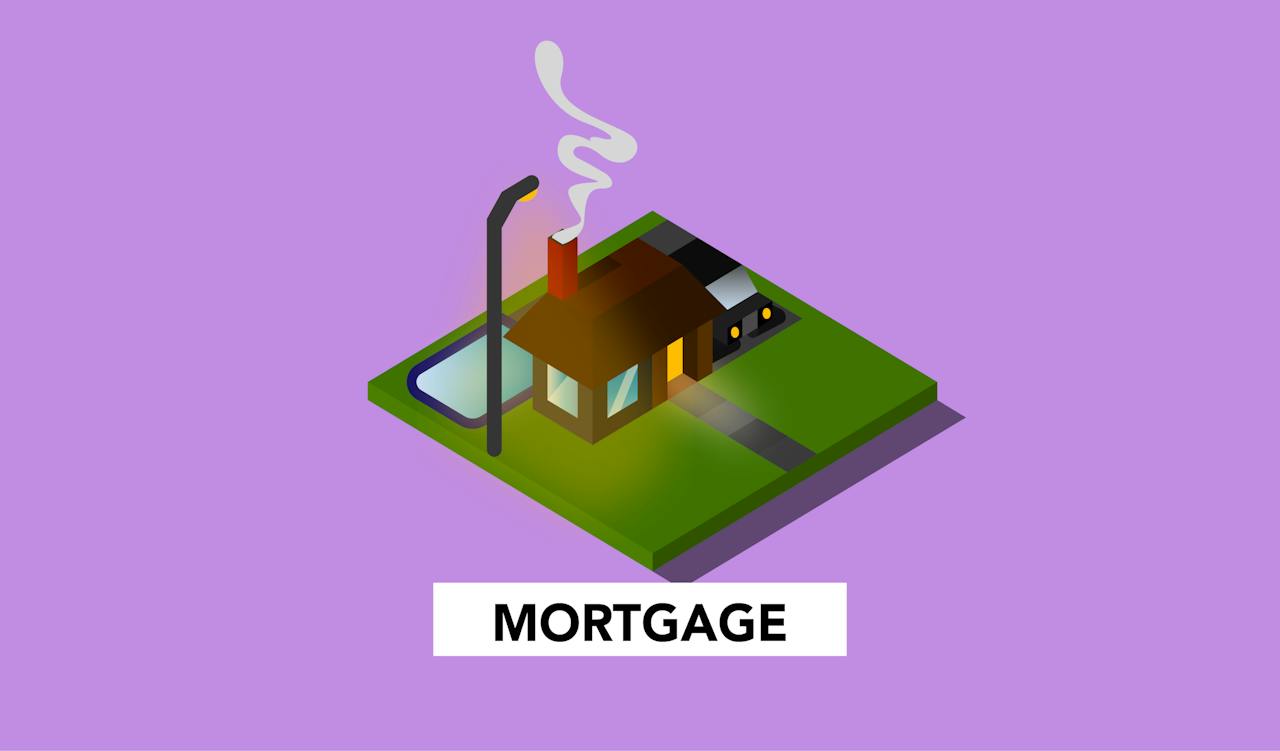What Is A Mortgage?
What is a mortgage? A mortgage is a financial arrangement that allows individuals to purchase homes or real estate by borrowing money from a lender, typically a bank or a mortgage company.
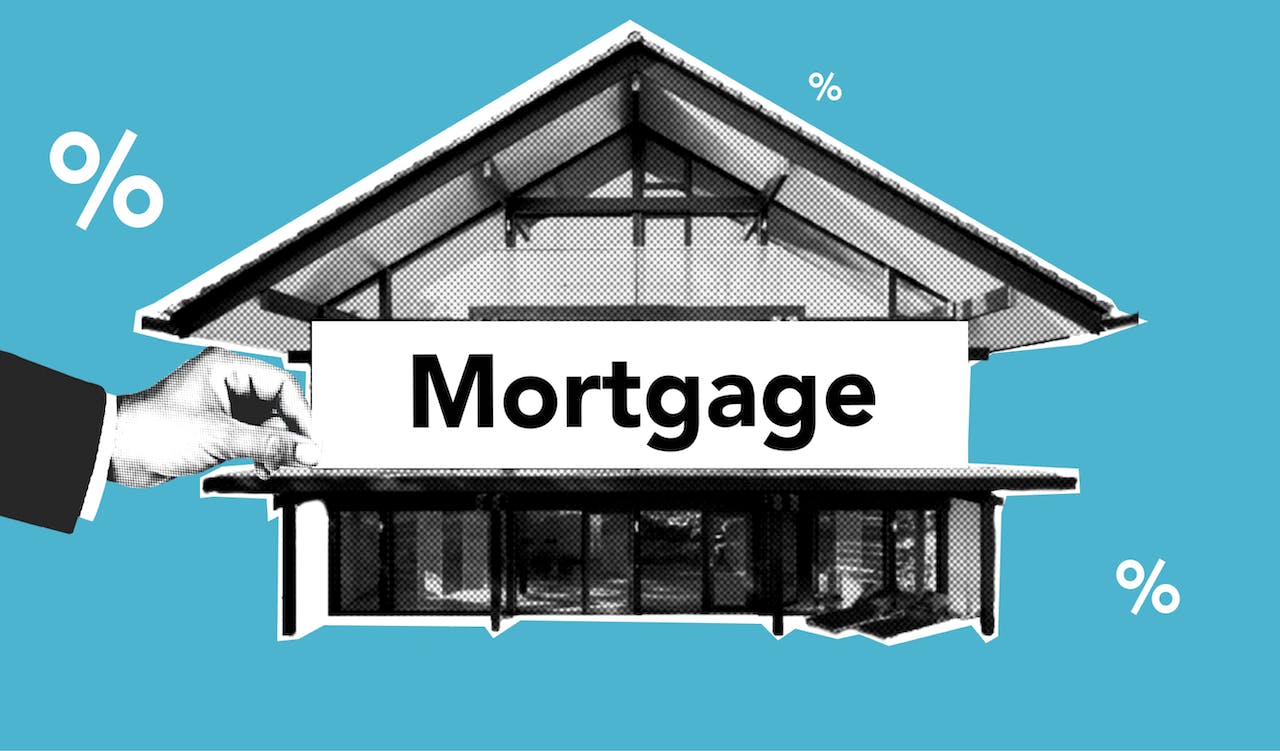
Morgan Barrons
Nov 29, 2023
Mortgages, the financial engine of the real estate industry, are essential to the realization of homeownership for many people and families. Anyone thinking about buying a house needs to know what a mortgage is and how it works.
This thorough book aims to dispel the mystery surrounding mortgages by illuminating the complex workings that support this essential area of real estate finance. It is impossible to exaggerate the significance of mortgages in the real estate industry.
These loans promote stability and prosperity in the economy by giving people access to homes that they may not otherwise be able to afford. But, because there are so many choices, words, and intricacies in the mortgage industry, understanding it may be a complex undertaking.
This article is designed to provide you with a step-by-step overview ofwhat is a mortgagein order to assist you in navigating this terrain. We'll explore their kinds, interest rates, closing procedures, management, and potential legal and practical issues in the future. You'll have a thorough grasp of mortgages by the end, and you'll be more prepared to make wise choices when you go toward homeownership.
Defining Mortgage
A mortgage is a specific kind of loan that can be used for the acquisition or upkeep of real estate of many kinds, including a house, a piece of land, or other sorts of property. The borrower agrees with the lender to repay the money throughout the loan, most often in the form of a series of regular payments that are composed of both the principal and the interest.
After that, the piece of property will act as collateral to secure the loan. A borrower is required to submit a mortgage application through the lender of their choice and verify that they satisfy a number of conditions, the most important of which being minimum credit scores and down payments.
Before being allowed to move on with the closing step, mortgage applications are subjected to a stringent underwriting procedure. The specific requirements of the borrower will determine the sort of mortgage that is most suited to meet those requirements.
How Does A Mortgage Work?
You can purchase a house even if you don't have the cash on hand if you get a mortgage. Mortgages typically demand an initial payment, sometimes known as a "down payment," followed by the repayment of the remaining balance over the loan's term. You are required to repay a portion of the money you borrowed, in addition to accruing interest, on a monthly basis.
If you are unable to make your mortgage payments, you risk losing your home to foreclosure. Mortgages typically have terms that are substantially longer than other forms of loans; the most usual term length is thirty years.
A mortgage can be obtained via a mortgage lender, which includes financial institutions such as banks and credit unions, as well as nonbank financial institutions such as Rocket Mortgage and Guaranteed Rate, which are not banks but do lend money.
A lender will consider all aspects of your financial situation before choosing whether or not to grant you a mortgage, including your work status, amount of debt, and credit score.
Lenders use this information to determine whether or not they will give you money, how much money they are willing to offer you, and the terms that will apply to the loan. The requirements set out by different lenders might be different based on the sort of house loan that you are looking for, in addition to other considerations.
If you and another person are purchasing a property together, you will be considered co-borrowers, and the lender will investigate both of your financial situations. Your combined credit score and total income might both benefit from the addition of a second borrower, which could make it easier for you to get a mortgage.
What A Mortgage Payment Includes
A mortgage has monthly payments that must be made over a certain period. You will be responsible for making partial payments each month, together with interest and any other expenses. The components of a mortgage payment are as follows.
Principal
The term "mortgage principal" has two definitions. It can be a reference to the initial loan amount. It may also apply to the balance that remains after you have made payments.
For instance, your initial loan amount would have been $270,000 if you had purchased a $300,000 home with a $30,000 down payment. A percentage of your monthly mortgage payment is put into your principal, which gradually lowers the overall amount owing.
Interest
The amount you will pay the lender for the loan depends on the interest rate on your mortgage. Interest is deducted from each monthly payment in part. The majority of each payment goes toward principal reduction in the last years of the loan.
In contrast, the majority of payments in the initial years are mainly used to pay interest. Amortization is the term for this procedure.
Property Taxes
Along with your mortgage payment, your lender may withhold a portion of your property tax bill. They will then hold the funds in an escrow account until the bill is due, paying it on your behalf.
Homeowners Insurance
Mortgage lenders typically demand homeowners insurance, which can cover damage to your house from storms, fires, accidents, and other calamities. When the insurance bill is due, they may deduct a portion of the premium from your mortgage payment and pay the insurance company out of your escrow account.
Mortgage Insurance
A down payment of less than 20% usually entails paying mortgage insurance, according to lenders. Your monthly mortgage statement may include a charge for mortgage insurance premiums.
Types Of Mortgages
There are several types of mortgages. Fixed-rate mortgages with terms of 15 and 30 years are the most famous varieties. While some mortgage terms are as lengthy as 40 years, others are only five years old.
While deferring payments for a more extended period may result in a lower monthly payment, the borrower will ultimately pay higher interest overall. Here are a few instances of some of the most widely used mortgage loan kinds that are accessible to borrowers.
Fixed-Rate Home Loans
A fixed-rate mortgage is the most common form. In a fixed-rate mortgage, both the interest rate and the borrower's monthly mortgage payment are fixed for the duration of the loan. Another name for a fixed-rate mortgage is a typical mortgage.
Adjustable-Rate Mortgage (Arm)
An adjustable-rate mortgage (ARM) has a fixed interest rate for the first term, after which it may fluctuate on a regular basis in accordance with market rates. The mortgage may be more inexpensive in the short run if the initial interest rate is below market. Still, it may become less affordable in the long run if the rate increases significantly.
ARMs often feature ceilings on the maximum amount that the interest rate can increase overall over the loan term as well as each time it changes.
Low-Interest Loans
Only well-informed consumers should choose other, less popular mortgage kinds, such as interest-only mortgages and payment-option adjustable rate mortgages (ARMs), which can have intricate payback plans. These loans could include a hefty balloon payment at the conclusion.
Reverse Mortgages
Reverse mortgages are a completely distinct type of financial product, as the name implies. They are intended for homeowners who wish to turn a portion of their home's equity into cash and are 62 years of age or older.
These homeowners have the option to borrow money against the value of their house and receive it as a line of credit, set monthly payment, or lump sum. When the borrower sells the house, moves out permanently, or passes away, the whole loan sum is payable.
Mortgages - Residential Vs. Commercial
There are several similarities between residential and commercial mortgages, such as the fact that the lenders accept property as security, that an assessment is usually required, and that the loan structure is typically more advantageous than other forms of credit. However, they also differ in a few significant ways that set them apart.
Residential Mortgages
Among the crucial traits are;
- The borrower frequently resides on the property, making it their principal residence.
- Usually, the borrower is a single person (or married couple).
- Since the borrower(s) often uses their own money to pay off the mortgage, they must be able to show that they have a steady source of income, documentation of any other valued assets, and a clean credit history.
- Due to their often vibrant secondary markets, residential properties may support more excellent loan-to-value ratios (LTVs) of up to 95%.
Commercial Mortgages
Among the crucial traits are the following;
- Although individuals can still own commercial properties, the borrower is typically a firm, such as a corporation or partnership.
- The borrower does not use their income to pay off the mortgage; instead, if they own an investment property, they will get rental income, or if they operate a business on the property, business operations proceeds.
- Gaining an understanding of a company operation's cash flows necessitates a far more thorough examination of the underlying firm, encompassing its competitive advantage(s), managerial skills, and financial stability.
- Since the lender will not have access to the tenant's financial information, determining default risk for a rental property is even more challenging. Commercial mortgage deals for investment properties are evaluated based on a variety of factors, including the property's quality, location, and lease agreement strength.
- Commercial properties often have fewer potential inhabitants due to their numerous usage limitations. This often translates into substantially lower loan-to-values, or LTVs, of between 50% and 75%.
What To Look For When Comparing Mortgage Offers
Examine your financial situation, taking into account your income, assets, savings, and credit history and score, to determine which mortgage best suits your needs. Additionally, take your time comparing rates from several mortgage companies. When comparing loans, as a prospective homeowner, you should take the following factors into account.
Interest Rate
Not all lenders may let you have the lowest interest rate they advertise. To obtain a preliminary, accurate estimate of the interest rate you will pay, you will require a pre-approval letter.
When your mortgage is formally accepted, you'll receive a final figure; try to lock it in until the actual closing. By purchasing discount points, often known as "buying down the rate," you might be able to reduce your interest rate. To do this, you must provide more cash upfront in return for a reduced rate.
Type Of Rate
Is a fixed rate or an adjustable rate being given to you? Should your rate be adjustable, the amount you pay each month for your mortgage may change throughout the loan it may even increase significantly based on prevailing market and economic conditions.
Loan Term
This is the length of the loan; in other words, it's how long you have to pay it back. Shorter and longer durations are also possible. However, most lenders typically give loans with maturities between 15 and 30 years.
In general, the interest rate decreases with the period length. Although paying off your house sooner and for a shorter period would save you hundreds of dollars in interest, the monthly payment will naturally be higher.
Closing Costs
These costs, which differ significantly between lenders, are required when you sign the last papers for your new house. By reading the fine print, selecting a lender with low closing costs, or requesting that the seller pay a more significant portion of the charges, you might save thousands of dollars.
Closing expenses may be rolled into the mortgage itself under specific loan terms, although doing so increases interest payments.
Annual Percentage Rate (Apr)
APR is the interest rate on the loan plus other charges (annualized throughout the life of the loan), such as closing fees and points.
As a result, it provides a more accurate estimate of the cost of your mortgage and may be pretty important when comparing different lender offerings. For example, one may have a greater annual percentage rate (APR) than the other despite offering a nominally lower interest rate.
Additional Fees
Certain mortgages come with extra, frequently hidden costs. Examples of these include pre-payment penalties, which penalize you for paying off your debt ahead of schedule, and balloon payments, which call for one large payment at the end of the loan term rather than regular installments throughout time. Make sure you can pay any future expenses by weighing your alternatives and projecting the worst-case situation.
How Can You Improve Your Chances Of Getting A Mortgage?
If you want to be approved for a mortgage, you will need to demonstrate to the lender that you are a responsible borrower and that you have the financial ability to make the required repayments. To help you improve your chances of being accepted, here are some of our top tips.
Be Realistic About What You Can Afford
The five-bedroom house with the pool may have grabbed your attention, but if you need help making your mortgage payments, you won't be able to enjoy it nearly as much as you would like to.
You need to evaluate your current and prospective financial situation, break out the calculator, and figure out what it is that you can afford. Keep in mind that you need to take into consideration the likelihood that interest rates will increase.
Try And Improve Your Credit Score.
Because your score is dynamic and adapts to how you handle your finances, you can have some say in how it ultimately turns out. There are a number of actions that you can do to enhance your credit score and increase the likelihood that you will be approved for a mortgage.
Consider Using A Help To Buy Scheme
Consider looking into the Help to Buy programs offered by the government if you're having trouble saving up enough money for a significant down payment.
Consider Using A Guarantor
When you get a mortgage with a guarantor, another person, typically a parent or an older relative, pledges to make your payments in the event that you are unable to.
Because of this, the lender is exposed to less risk, and as a result, they may be more inclined to grant you the loan. First things first: check that you have a good understanding of the risks, both for yourself and for the guarantor.
Make Sure To Do Some Research
Last but not least, before you apply for a mortgage, make sure to do some research and comparison shopping to locate the loan that best suits your requirements and the conditions of your life. With Experian, you are able to compare mortgages from all across the UK market. This service is free, and it won't have any impact on your credit score.
Frequently Asked Questions
What Does A Mortgage Mean In Its Simplest Terms?
One kind of loan that's utilized to fund real estate is a mortgage.
Do Loans Perform Better Than Mortgages?
If you want to purchase real estate and have the benefit of a long payback period and a cheaper interest rate, a mortgage is a better option.
Do You Need A Mortgage To Buy A House?
Yes, you can purchase a home debt-free.
Final Words
To sum up, the foundation of homeownership is a mortgage, a financial instrument that turns aspirations of owning a home into actual financial realities. We've examined what is a mortgage and interest rates, looked at the application procedure, and figured out how difficult it is to close agreements.
Gaining knowledge about the intricacies of mortgages gives you the ability to make wise choices, which will guarantee that your path to homeownership is fruitful and fulfilling. Keep in mind that a knowledgeable borrower is better able to secure their spot in the world of homeownership as you navigate the real estate market.
